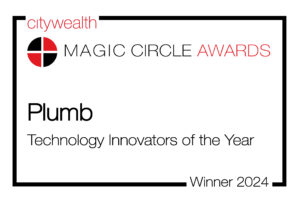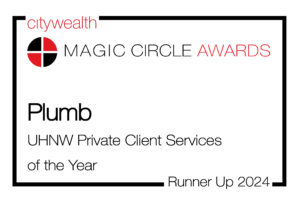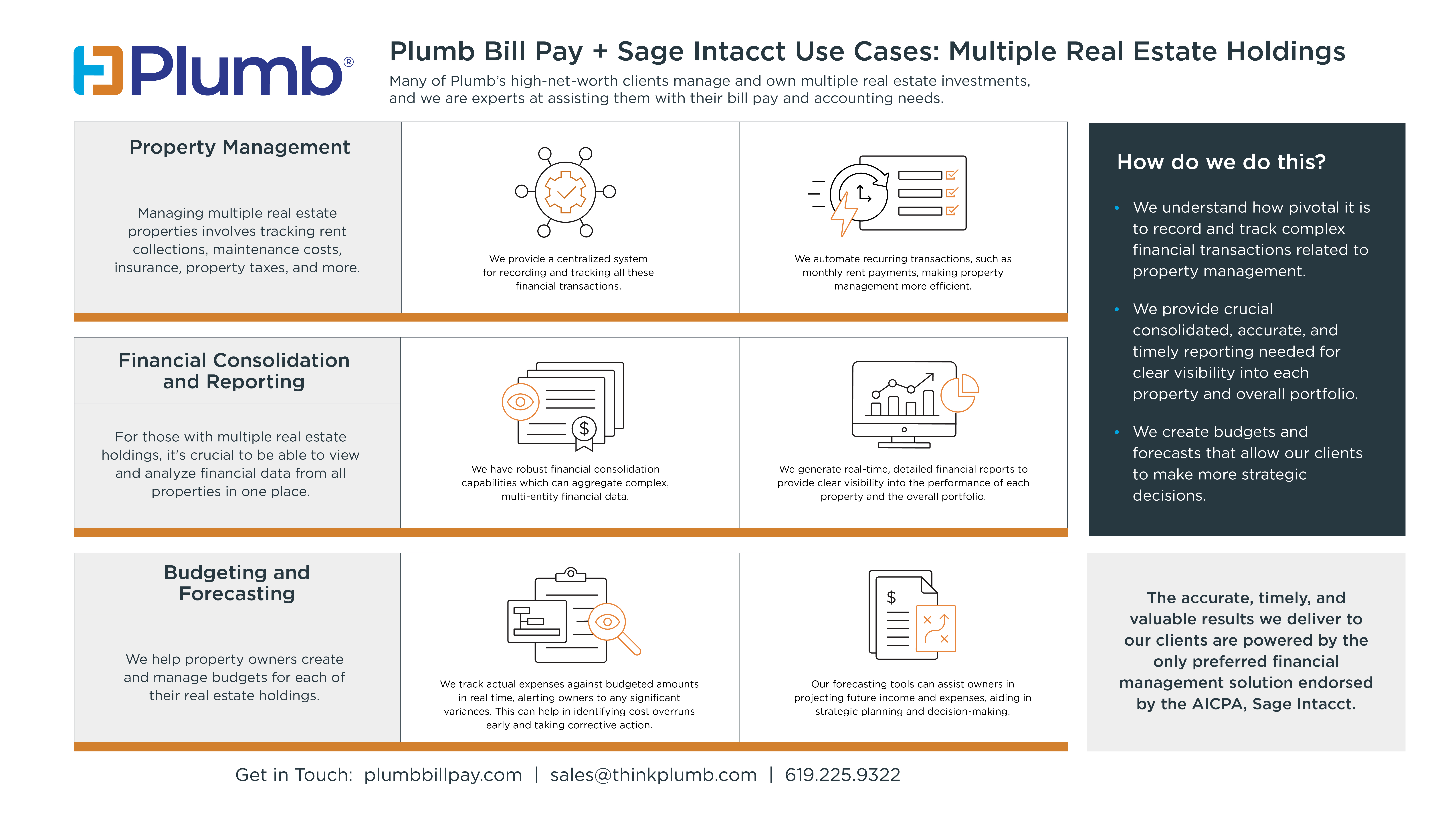
Selecting the right accounting software for your Family Office is a crucial decision that can significantly impact your financial operations and reporting capabilities. Two popular options are Sage Intacct and QuickBooks Online (QBO). Here at Plumb, we are experts in both platforms. In this blog post, we’ll compare these two accounting software solutions, focusing on key factors such as scalability, real-time reporting, financial complexity, security, automation, integrations, collaboration, ease of use, and budget considerations.
Scalability and Flexibility
When it comes to scalability and flexibility, Sage Intacct shines. It offers multiple different dimension capabilities, allowing you to track classes, locations, investments, self-identified categories, members, customers, and household employees – to name a few. This expansive range of dimensions simplifies consolidation processes and reduces manual errors. Sage Intacct also enables a cleaner and more streamlined chart of accounts, making reporting more straightforward.
On the other hand, QuickBooks Online doesn’t have the same consolidation capabilities, which requires more manual work and complex setups outside of the platform itself for tracking various aspects of your finances.
Real-time Reports/Insights
Sage Intacct provides real-time insights by automatically closing P&L accounts to retained earnings on an ongoing basis. Its highly customizable reports and dashboards allow you to target specific areas of focus, making the closing period and reporting process more efficient.
QuickBooks Online offers real-time data as well, but its reporting options are less customizable. You may find limitations in creating specialized reports tailored to your needs, as it provides only a basic set of templates with limited filtering and customization abilities.
Financial Complexity/Multiple Entities
Sage Intacct’s robust capabilities make it an excellent choice for high-net-worth individuals and families with complex organizational structures, multiple entities, and intricate financial needs. It can handle the intricacies of multi-member LLCs and automates various financial processes through a top-down approach.
QuickBooks Online is better suited for simpler financial structures and may require additional manual effort and workarounds for handling complex financial scenarios.
Security and Compliance
Sage Intacct offers a function that enables GAAP (Generally Accepted Accounting Principles) compliance, which is essential for maintaining financial accuracy and compliance with accounting standards. QuickBooks Online also provides security features but may not offer the same level of compliance functionalities.
Automation
Sage Intacct excels in automation, offering features like memorized journal entries, automatic posting, and customizable automated reporting. This automation streamlines repetitive tasks and ensures data accuracy.
QuickBooks Online also provides automation features but may have limitations compared to Sage Intacct.
Integrations
Both Sage Intacct and QuickBooks Online offer hundreds of integrations with various third-party applications.
Collaboration/Multiple User Access
Both software solutions support multiple users working on the same file, but a big difference is that with Sage Intacct you can set user-based permissions for more customized access control. This is especially useful when there are people with different roles accessing the software. These permissions can prevent people from accidentally making changes or updates to files they should not make or seeing confidential information outside of their scope.
Additionally, Sage Intacct’s cloud-based nature enables clients to access their data easily and collaboratively. Clients can have their own separate dashboard to quickly review reports and other real-time data. This access and ability to create different customized dashboards is a time-saver for both the accountants and the clients.
Ease of Use
QuickBooks Online is known for its user-friendly interface and ease of use. It’s a great choice for those looking for straightforward accounting software. In contrast, Sage Intacct may have a steeper learning curve due to its advanced capabilities, but the investment in learning pays off in the long run.
Budget
Budget considerations can vary depending on the complexity of your financial operations, but generally speaking, QBO requires a smaller investment. However, for businesses and organizations with complex books and multiple entities, Sage Intacct can be a cost-effective solution due to its ability to handle intricate organizational mapping and streamlined automation processes.
Choosing between Sage Intacct and QuickBooks Online depends on your specific needs and goals. Sage Intacct excels in scalability, automation, and handling complex financial scenarios, making it an ideal choice for families and organizations with multifaceted requirements. QuickBooks Online, on the other hand, offers ease of use and is well-suited for smaller businesses with simpler financial structures.
Ultimately, the right choice comes down to a careful evaluation of your financial needs, budget, and long-term growth strategy. Consulting with accounting professionals or software experts like those at Plumb can help you make an informed decision and ensure you select the accounting software that best aligns with your business goals.












